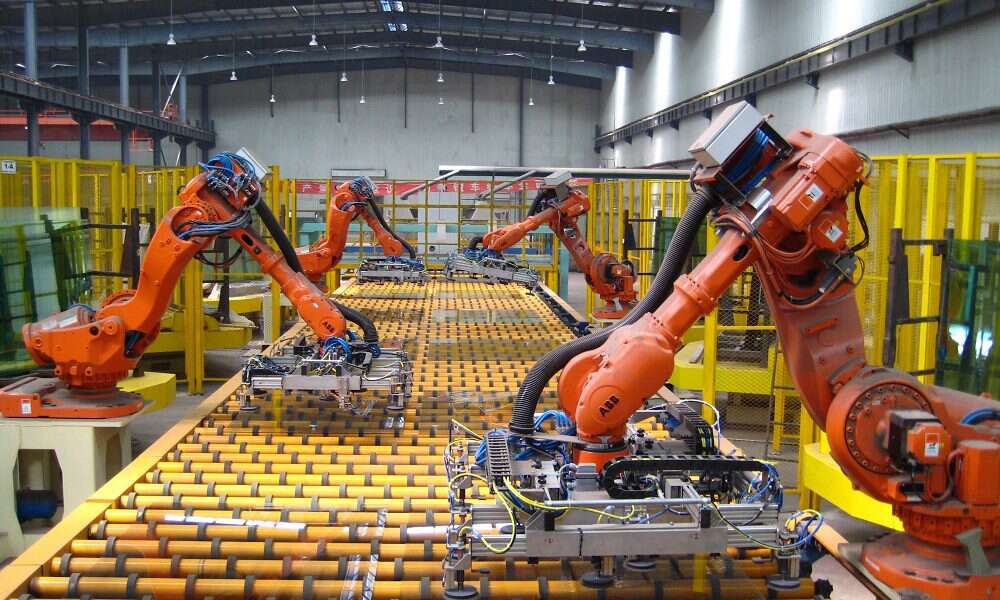A reliable streamlined system ensures that all tasks in a warehouse are carried out efficiently. Every step of the way matters, right from when goods arrive until they leave the warehouse. Given the advances in technology, many warehouses today rely on automation to manage their processes and monitor all types of products.
What Do Warehouse Operations Include?
Warehouse operations involve arranging, managing and retrieving goods from a storage area efficiently. These steps include:
- Receiving: Recording the information concerning the products after they arrive at the warehouse.
- Storing: Putting goods in place so that they can be quickly located and retrieved.
- Picking: Choosing the correct specimens needed to satisfy a customer requirement.
- Packing: Classifying items in a way that lets them be safely moved into the delivery van.
- Shipping: Dispatching orders for delivery.
Some organizations also conduct returns handling, quality checks on shipments and routine audits of the stock levels to maintain precision and correct information.
Why Efficient Operations Matter
Improving the organization of warehouse processes provides substantial advantages that enhance a company’s competitiveness.
- Faster Order Fulfillment: Optimized processes reduce the amount of time spent on the fulfillment of orders.
- Lower Costs: Making the most out of available space and minimizing slip-ups help keep your resources from being wasted.
- Accurate Stock Management: Watching stocks regularly ensures they are accurate.
- Happy Customers: Orders reach customers quickly and in good condition.
- Room to Grow: Changing demand patterns makes it easier to adapt the processes.
Making these enhancements places businesses at an advantage over their competitors.
Key Components for Success
Effective warehouse management requires attention to its vital areas of performance.
1. Smart Layout Planning
Arranging the workplace so that it is effortless for employees to access frequently used items.
2. Reliable Technology
Technologies such as barcode scanning, RFID and warehouse location tracking help to speed up the process of managing and locating items.
3. Skilled Workforce
Employees should be fully proficient in carrying out both manual duties and handling digital tools and lone-worker safety practices.
4. Ongoing Audits
Regular cycle counting speeds up detection and correction of any irregularities in stock counts.
Simple Strategies for Improvement
Adopting these small changes may significantly improve your warehouse operations.
- Label Everything: Marking your products with easy-to-spot labels makes it easier and faster to retrieve and place them.
- Review Frequently: Keep track of what items are being stocked to better organize them in your facility.
- Use Zones: Arrange products according to the frequency in which they are accessed.
- Automate When Possible: Having conveyor belts quickly streamlines the progression through your warehouses.
The Future of Warehouse Management
Quick turnaround times are driving the demand for smarter and more adaptable warehousing solutions. Organizations should equip themselves with solutions that allow for greater oversight, lessen worker burden and promote growth. You should implement tools that allow for continuous monitoring of resources, anticipate stock requirements and flawlessly link with overall logistics operations. Such systems are crucial in building orderly workspaces that tackle modern supply chain demands with efficiency.
